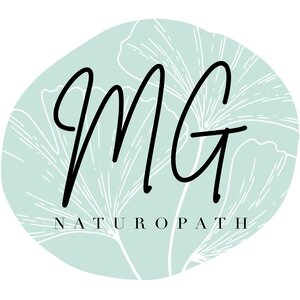Turmeric has been used for centuries for health benefits and has recently become popular once again as an anti-inflammatory.
It's not the spice itself that's key, rather it's an active compound within turmeric called curcumin. Research has found that curcumin has some anti-oxidant and anti-inflammatory properties.
Turmeric has the added benefit of being a liver tonic so will help flush inflammation and toxins from the body.
Because inflammation is linked to a range of chronic conditions and diseases, among them arthritis, Alzheimer's and heart disease, researchers argue curcumin could help reduce the risk of those diseases by limiting inflammation in the body. Super exciting stuff!
PLUS, other research into curcumin has focused on its potential to improve cognitive function, particularly in older people.
The amounts of curcumin used in the above studies were quite high — from about 80 milligrams (in the cognition study) through to 200 milligrams (in the cholesterol research). There are between 100 to 150 milligrams of curcumin in a full teaspoon of turmeric, but it can vary from powder to powder (organic is best, all other spices are irradiated).
The other thing to think about is that curcumin passes through your body quite quickly. In order to keep enough of it in your body to be effectively absorbed and useful, you'd want to be having it with lunch and dinner most days of the week (as in some Indian diets).
Medicinal turmeric (featured in our Pain & Inflammation tonic) will give far better therapeutic effects than food grade turmeric. We also reduce the benefits of turmeric when we heat it, so getting it in herbal form is a lot easy to absorb.
Grab your Pain & Inflammation tonic here or book an appointment with Mel for an individualised tonic or supplement prescription with turmeric.

